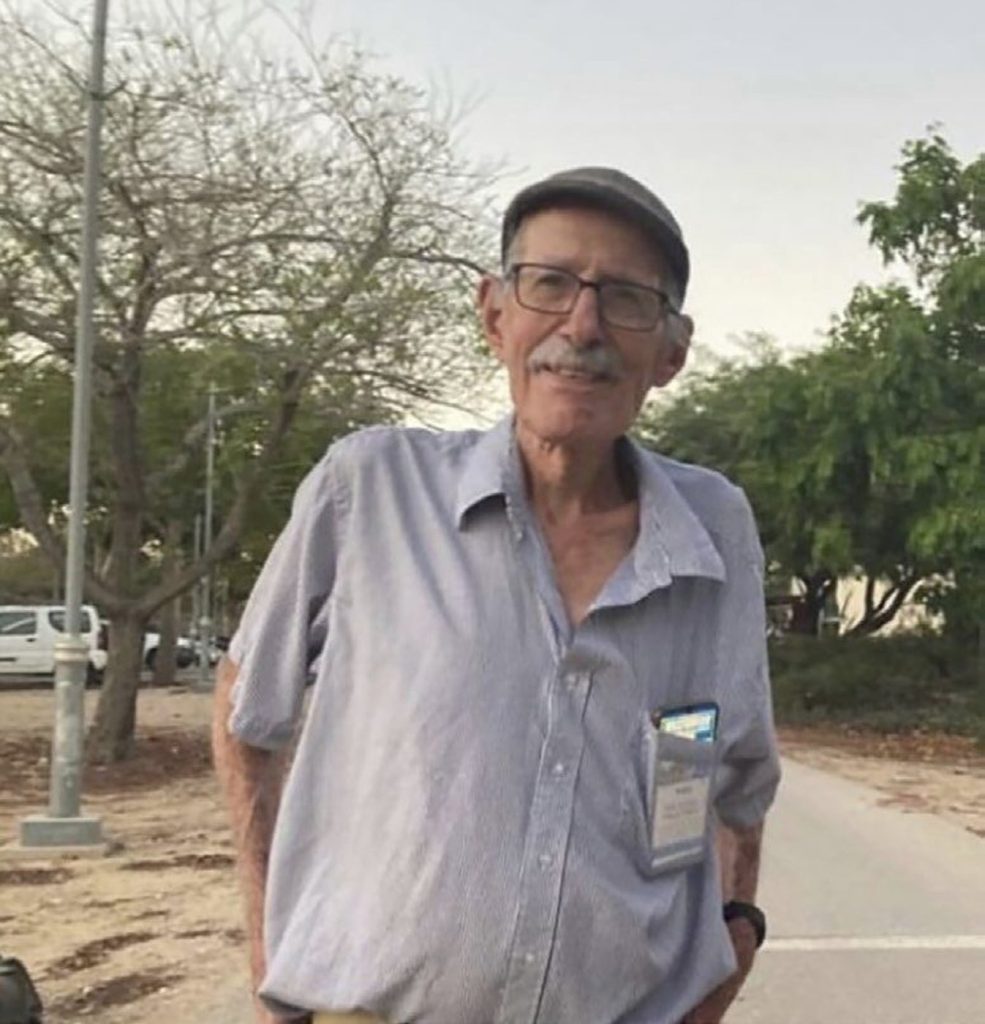On Thursday, the bodies of four Israelis who were taken captive by Hamas were released, marking a significant moment in the ongoing conflict. This includes the remains of Shiri Bibas and her two sons, Ariel and Kfir, believed to be the last female and child hostages taken from Gaza. Their return brings the total number of captives freed since the ceasefire began on January 19, 2025, to 28. These individuals had been held since Hamas's deadly assault on October 7, 2023, which sparked the current war in Gaza.
The Bibas family's story has captured the attention and sympathy of Israelis since their abduction. Shiri, Ariel, who was 4 years old, and Kfir, just 9 months old at the time, were taken from Kibbutz Nir Oz. Hamas claimed that they were killed in an Israeli airstrike—a statement that Israel has not confirmed, though military officials have expressed deep concern regarding their welfare. The formal identification of the remains is pending.
The ceasefire negotiated involves the release of a total of 33 hostages, eight of whom are confirmed to be deceased, in exchange for nearly 2,000 Palestinian prisoners held in Israeli jails. The plight of hostages has been exacerbated by the death toll on the Palestinian side, with Gaza's Health Ministry reporting over 48,000 deaths due to Israel's military response. This has led to a situation where roughly 60 hostages are still believed to be held in Gaza, with approximately half presumed dead.
Among the bodies returned was Oded Lifshitz, 84, one of the oldest hostages taken from Kibbutz Nir Oz, along with his wife Yocheved, who was released during a previous ceasefire. His family had feared for his life for months. In addition to the Bibas and Lifshitz families, the release included several others, such as Sagui Dekel Chen, an Israeli-American taken while working on a personal project, and Iair Horn, who was captured alongside his brother, currently still missing.
Another individual returned was Alexander (Sasha) Troufanov, 29, who was taken with members of his family during the chaos of October 7. His father was killed in the attack, and he was held by Palestinian Islamic Jihad. Eli Sharabi, 52, an Israeli citizen whose family suffered a tragic loss when his wife and daughters were killed during the attack, was also released. His brother, residing next door, was reportedly killed in custody.
Ohad Ben Ami, 56, taken from Kibbutz Beeri with his wife Raz, was among those released, highlighting the tragic outcomes of the ongoing crisis. Other notable hostages returned included Or Levy, a man whose wife was killed during the invasion, and Agam Berger, a young soldier whose abduction was filmed and widely broadcast.
The tension surrounding hostages is felt acutely within their families and the broader Israeli community. Public campaigns have stressed the urgency of bringing home the captives while addressing concerns over the health and safety of those still in captivity. Families of hostages have mobilized efforts to secure their loved ones' releases, utilizing social media and public demonstrations to maintain visibility on the issue.
As the conflict continues to unfold, the humanitarian implications are growing increasingly complex. The release of hostages, particularly children and women, carries immense emotional weight and impacts public sentiment in Israel. As such, each release is not only a matter of international negotiation but also a deeply personal affair for numerous families grappling with loss, hope, and the uncertain realities of war.










